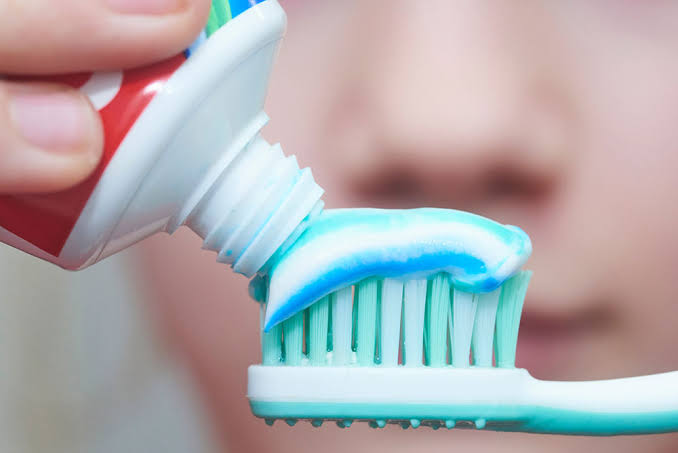Taking charge of your health becomes increasingly vital as you enter the golden years of life. For those between 50 and 80, maintaining wellness isn’t just about feeling good today; it’s about laying the groundwork for a healthier, more active tomorrow. Experts emphasize that implementing key habits into your daily routine can greatly contribute to aging with strength and resilience. By prioritizing certain lifestyle changes, you can mitigate common age-related challenges and enjoy a vibrant, fulfilling life.
1. Exercise Regularly: One of the most effective ways to support long-term health is by incorporating regular exercise into your daily routine. Physical activity helps counteract the natural loss of muscle mass and bone density that comes with age, reducing the risk of falls and fractures. Cardiovascular activities like brisk walking, swimming, and cycling can enhance heart health, while strength training exercises—such as using light weights or resistance bands—help preserve muscle function. Experts suggest aiming for at least 30 minutes of exercise daily to promote overall physical and mental well-being.
2. Eat a Nutritious Diet: A diet packed with nutrients is key to maintaining strength and energy as you age. Focus on eating a variety of fruits, vegetables, whole grains, and lean proteins. Since metabolism tends to slow with age, it’s wise to choose foods that are nutrient-dense rather than calorie-heavy. Vitamins and minerals like vitamin D, calcium, and magnesium are particularly important for supporting bone health, while omega-3 fatty acids from sources like fish can help protect brain function. By eating a balanced diet, you’re not only keeping your body fueled but also helping to prevent chronic illnesses.
3. Prioritize Mental Health: Emotional well-being is as crucial as physical health. Staying socially connected and mentally engaged can reduce the risk of depression and cognitive decline, both of which are common in older adults. Activities that stimulate the mind, such as reading, puzzles, or learning a new skill, can help keep your mind sharp. Additionally, mindfulness practices like meditation or yoga can reduce stress and improve mental resilience. Building these habits into your routine can enhance your mood, boost memory, and improve your overall outlook on life.
4. Sleep Well: Quality sleep is essential for both body and mind. Aging often brings changes in sleep patterns, making it harder to get a full night’s rest. However, 7-8 hours of sleep each night is still the goal for most adults. Lack of sleep can lead to memory issues, increased stress, and weakened immunity. Establishing a consistent bedtime, reducing caffeine, and creating a relaxing evening routine can all help improve sleep quality, giving your body and mind the time needed for repair and rejuvenation....Read Full Article [Click Here>]
5. Stay Hydrated: Dehydration can be an often-overlooked issue among older adults, as the sensation of thirst naturally diminishes with age. Drinking plenty of water throughout the day is essential to prevent complications like dry skin, urinary tract infections, and constipation. Incorporate water-rich foods like fruits and vegetables into your meals and keep a water bottle nearby to encourage regular sipping throughout the day.
6. Routine Health Screenings: Regular health check-ups are invaluable for identifying potential issues early on. Experts recommend annual screenings for blood pressure, cholesterol, blood sugar, and various cancers, as well as vision and hearing tests. Preventive care can make a significant difference in managing or even preventing certain age-related conditions, helping you enjoy an active, engaged life for years to come.
Integrating these practices into your daily routine can greatly enhance quality of life, helping you stay independent, energized, and ready for whatever each day brings. Embracing these habits allows you to age with confidence and control, fostering both physical vitality and emotional well-being.





